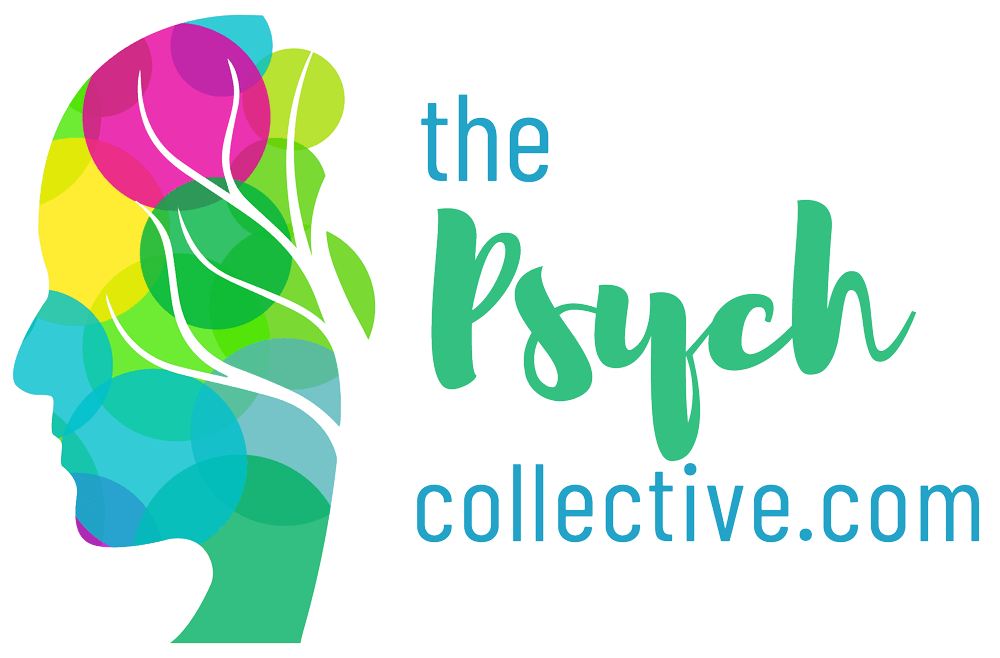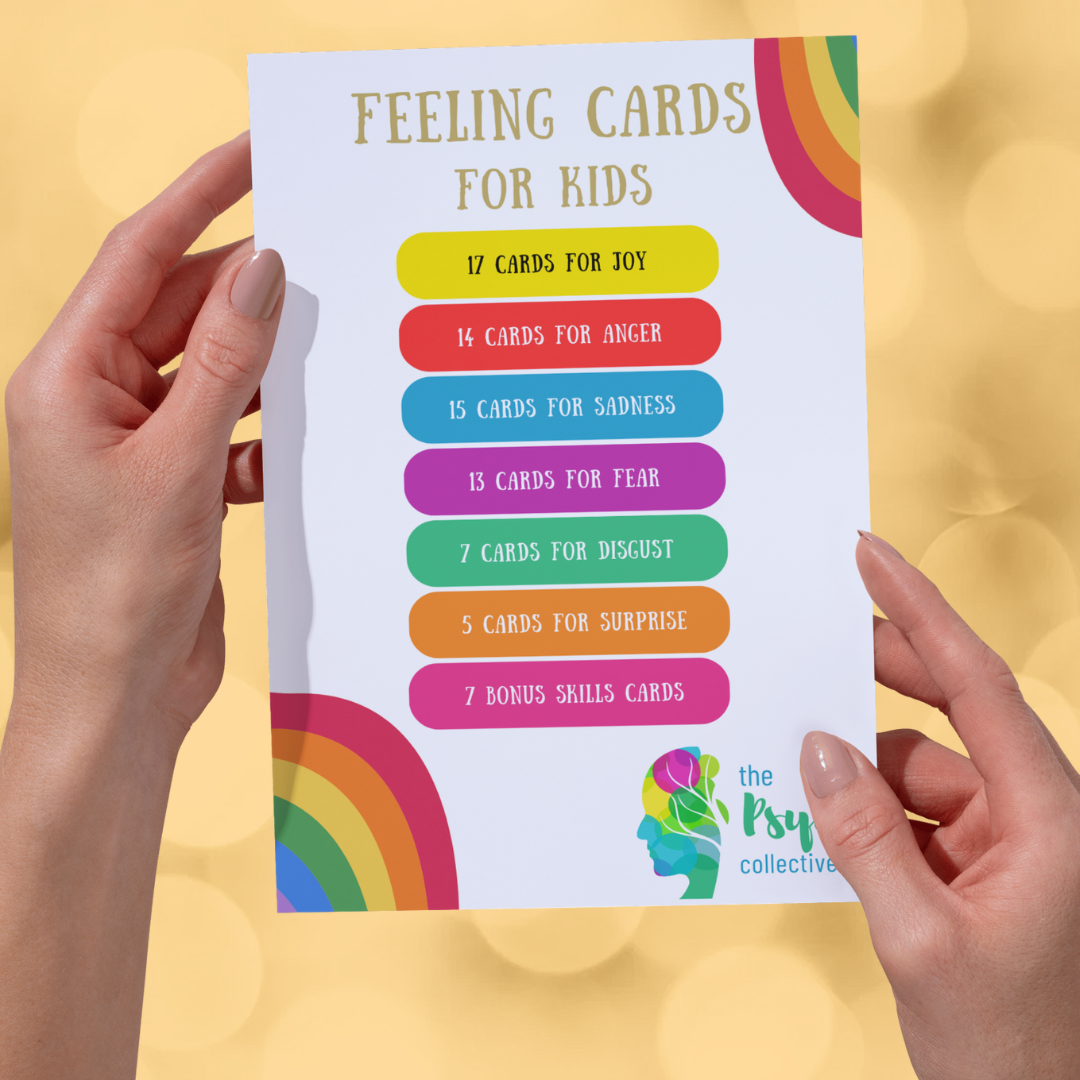What is Self-Validation?
Why do we need to validate ourselves?
Self-validation is the skill of being able to notice what you are feeling with non-judgemental awareness and acceptance. It is about creating space within yourself for all of your feelings, emotions, moods and sensations without trying to dismiss them.
Your capacity to respond skilfully to your feelings will largely depend on your early childhood experiences and what messages you heard from your parents. Invalidation occurs when someone is told that what they are feeling is incorrect, inappropriate or unwanted. Children who hear messages like “stop crying or I will give you something to cry about”, “stop being a drama queen”, or “stop being so sensitive” will learn that if they show emotion they will be rejected or punished.
Those sorts of messages set up a belief for the child where they think “Okay, well, Mum and Dad are telling me I'm not supposed to feel this way, so there must be something wrong with me and my feelings.” The child then tries to repress or shut down or detach from their feelings. Which is an unachievable task. Because they cannot succeed in always repressing their emotions, they experience shame. The child starts to think “there must be something wrong with me”, which then becomes the next emotional event that triggers the cycle around again. The invalidating messages they hear from their parents, grandparents, teachers, coaches or older siblings or peers become the internal messages that they keep telling themselves as they grow up.
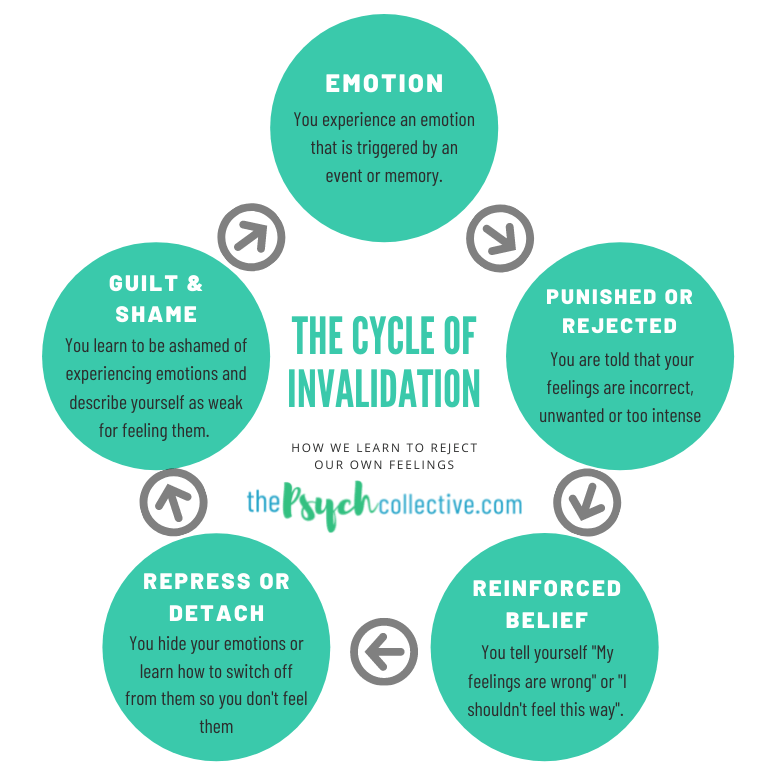
This sets up a process of mistrusting internal experiences, judging feelings to be wrong or dangerous and ultimately a fear of emotions. People who don’t learn to tolerate their feelings will constantly be on the lookout for distress. Once they Detect distress, they make an appraisal that these feelings are bad, so they Detest the distress. This leads to them choosing to Dodge the distress so they don’t have to feel it. Problem is, it comes back later.
Therefore, in order to practise self-validation there needs to be a willingness to turn towards the feelings and approach them with curiosity. To do this, it starts with an
Acknowledgement of the feeling. A simple awareness of what is going on inside your body. Then comes the choice to
Accept that this feeling is happening without fighting it. Finally, there is the choice to make space for the emotion. Simply
Allowing it to be there for a little while. Sure, it doesn’t have to stay forever and there are skills you can use to move it along later. But first, just let it be there.
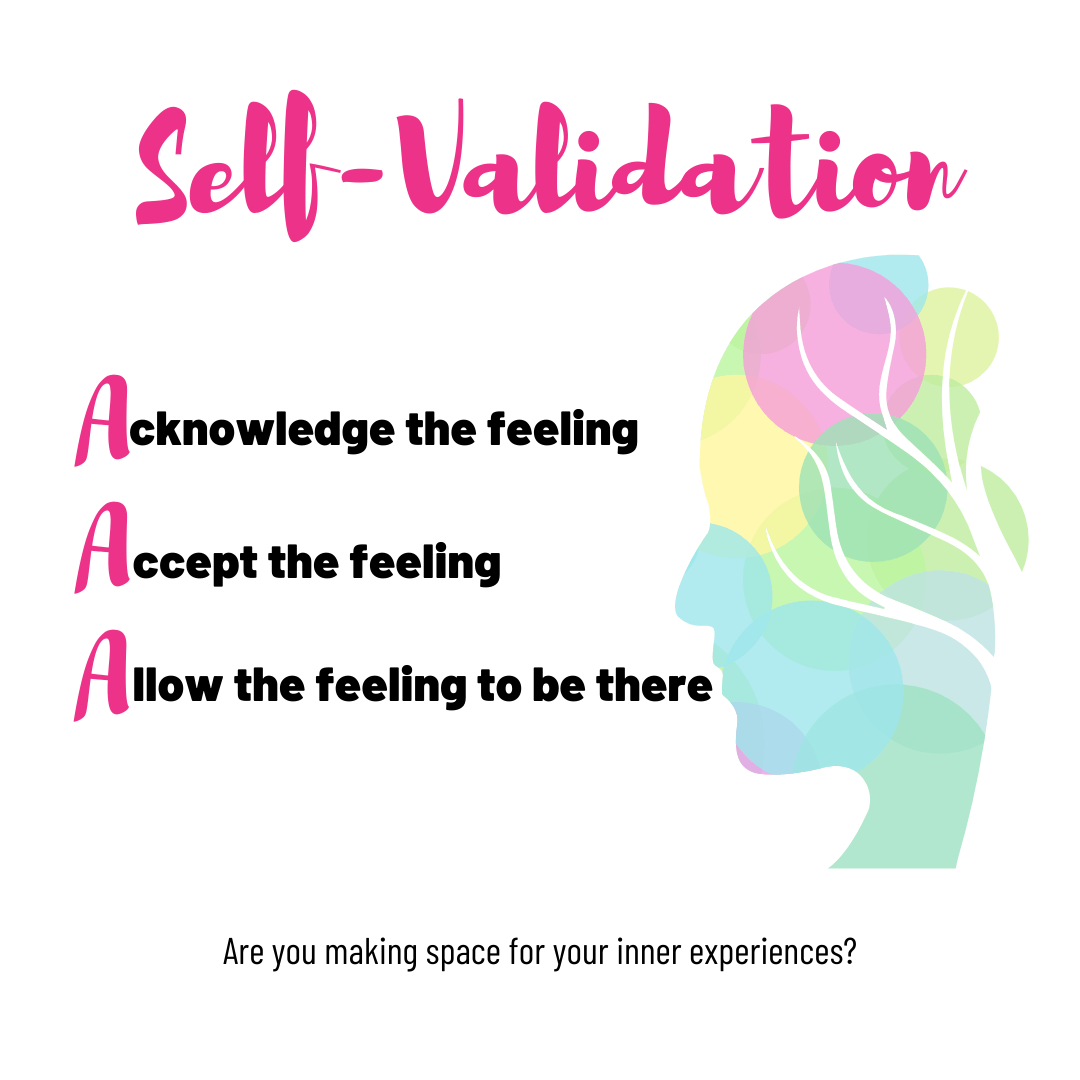
Share
Categories
About Our Resources
We offer actionable resources and teach real skills to help people make meaningful change in managing mental health issues through different modes depending on people's learning preferences including infographics, text, worksheets, handouts and video.
